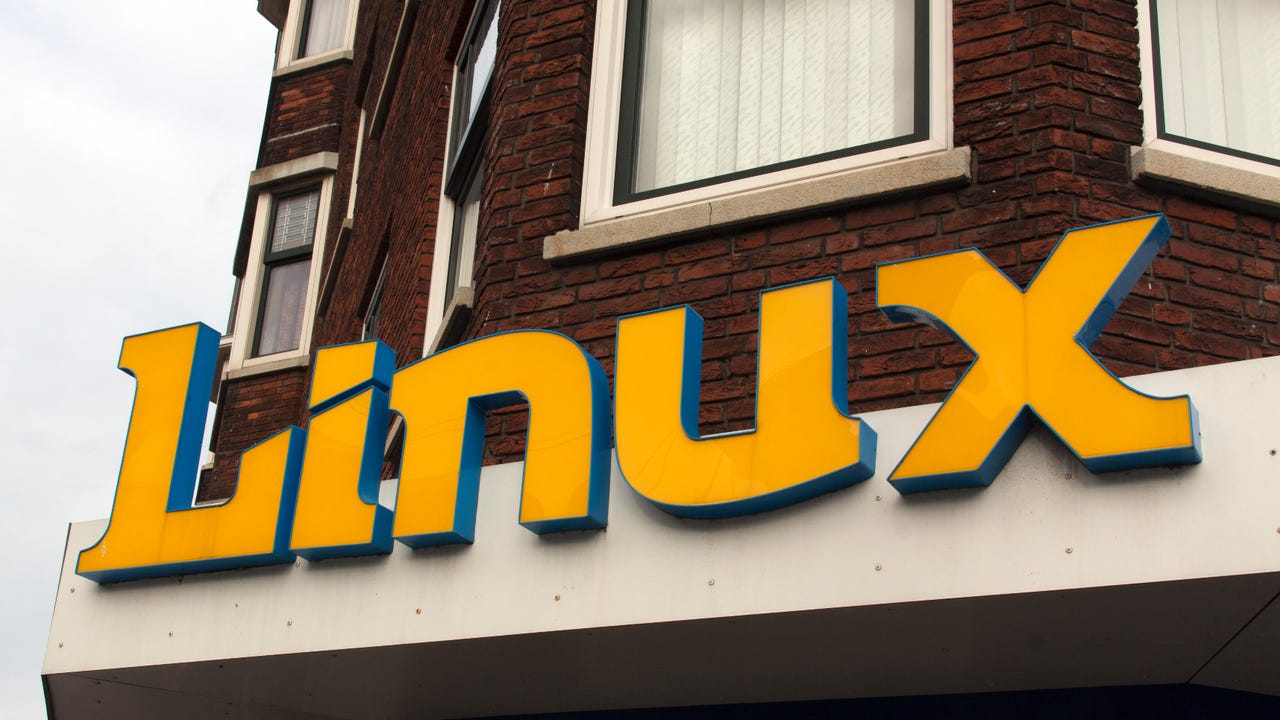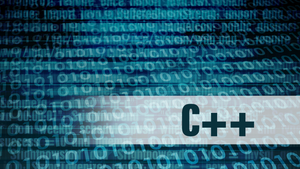How Linux Communities Are Driving AI InnovationHow Linux Communities Are Driving AI Innovation
Linux communities are at the heart of AI innovation, contributing to open source frameworks, optimizing hardware acceleration, and fostering global collaboration.

Open source, by its collaborative nature, is a natural driver of innovation, particularly in software development. Developers from around the world work together to solve problems and push boundaries. As AI continues to reshape industries, open source communities — especially those centered around Linux — play a critical role in advancing AI and machine learning technologies. With shared access to repositories, transparent development processes, and a global contributor base, these communities are fostering breakthroughs in AI and ML.
This article explores how Linux and its ecosystem are shaping the future of AI.
The Intersection of Open Source and AI
AI thrives on the openness and collaboration found in open source communities. Open source platforms provide:
Accessibility: Free access to powerful AI frameworks, tools, and repositories.
Transparency: The ability for anyone to audit, modify, and improve algorithms.
Global Collaboration: Diverse contributors accelerating innovation and problem-solving.
As the foundation of many open source operating systems, Linux is uniquely suited to meet AI's demands due to its scalability, modularity, and active developer community.
How Linux Communities Advance AI Innovation
Linux communities have made several notable contributions to AI innovation.
Building robust AI frameworks
Many widely used AI and ML frameworks are open source and primarily run on Linux-based systems:
TensorFlow: Google's open source framework with Linux as a key platform for AI model development and deployment.
PyTorch: Meta's framework, known for its computational graph and ease of use, is favored by AI researchers working on Linux.
ONNX (Open Neural Network Exchange): An open standard promoting interoperability between AI frameworks and optimized for Linux environments.
Optimizing AI workflows with Linux distributions
Specialized Linux distributions simplify AI and ML workflows:
Ubuntu AI: Popular among researchers, Ubuntu comes with prepackaged ML libraries and native GPU support.
Fedora AI/ML Editions: Offers cutting-edge AI and ML tools.
Kali Linux for AI Security: A go-to for AI-driven cybersecurity and penetration testing.
These distributions enhance compatibility and speed up AI system deployment.
Driving hardware acceleration
AI workloads demand high-performance computing via hardware such as GPUs, Tensor Processing Units (TPUs), and Field Programmable Gate Arrays (FPGAs). Linux communities have been instrumental in optimizing support for such accelerators:
CUDA and ROCm Drivers: NVIDIA and AMD provide Linux-optimized GPU drivers.
Kernel Improvements: Features like DMA-BUF and Heterogeneous Memory Management (HMM) enhance hardware integration.
Edge AI Support: Linux powers devices such as Raspberry Pi and NVIDIA Jetson Nano, enabling AI at the edge.
Open Source AI Platforms and Tools
Several open source platforms and tools lend themselves to AI development.
Distributed training with Kubernetes
Kubernetes, a Linux-based container orchestration platform, simplifies deploying and scaling AI/ML workloads:
Resource Optimization: Efficient use of CPUs and GPUs.
Scalability: Expansion across distributed systems.
Integration with ML Frameworks: Tools like Kubeflow streamline ML pipelines.
Data processing and management
Linux hosts powerful open source data tools essential for AI:
Apache Spark and Dask: Enable scalable big data processing.
Pandas and NumPy: Popular Python libraries for data manipulation and analysis.
Open data initiatives
Linux communities champion open data projects to fuel AI research:
OpenML: A platform for sharing datasets and ML experiments.
COCO Dataset (Common Objects in Context): Used extensively in computer vision for object detection and segmentation.
Open Images Dataset: An extensive collection of annotated images supporting various vision tasks.
Linux in AI Research and Development
Linux plays a vital role in AI research and development.
AI research tools on Linux
Linux systems host powerful research tools:
Jupyter Notebooks: Interactive development environment widely used for interactive coding and data visualization.
RStudio: Supports statistical analysis and ML using the R programming language.
MATLAB Alternatives: Tools like Octave and SciPy offer open source options for scientific computing.
Collaborative Platforms
The open source spirit of Linux extends to collaborative AI research via platforms like:
GitHub & GitLab: Home to countless AI projects.
Hugging Face: A hub for pre-trained natural language processing (NLP) models.
ArXiv: A repository of AI research papers often created with Linux-based tools.
Security and Ethical AI With Linux
Linux drives security and ethical considerations in AI through various means.
Strengthening AI security
Linux enables secure AI application development through:
SELinux (Security-Enhanced Linux): Enforces strict access controls.
AI-powered intrusion detection: Tools like Snort and Suricata use AI to detect threats.
Advancing ethical AI
Linux communities promote ethical AI practices using:
Bias Mitigation Tools: Libraries like IBM's AI Fairness 360 help combat algorithmic bias.
Transparency and Auditing: Open source AI projects allow for external scrutiny.
Inclusive Collaboration: The global Linux community encourages contributors from diverse backgrounds.
Emerging Trends in AI and Linux Collaboration
There are a few AI and Linux collaboration trends to watch.
Edge AI
Linux powers AI applications on edge devices, supporting:
Autonomous Vehicles: Linux-based platforms like NVIDIA Drive power self-driving technologies.
Smart Cities: Linux-based AI optimizes traffic and environmental monitoring.
Healthcare: Edge AI tools on Linux improve diagnostics in medical settings.
Quantum computing integration
Linux is making strides in quantum computing through:
OpenQASM: An open source quantum assembly language.
Quantum AI Simulators: Linux-based tools for simulating quantum algorithms.
Green AI initiatives
Efforts to reduce AI's environmental footprint include:
Energy-Efficient Kernels: Linux kernel optimizations minimize power usage in AI workloads.
Sustainable AI Applications: Linux-based AI tools support renewable energy and carbon reduction initiatives.
Challenges and the Road Ahead
Despite significant progress, Linux in AI faces hurdles:
Hardware Compatibility: Keeping pace with emerging AI accelerators.
Scalability: Managing the increasing size and complexity of datasets and models.
Ethics: Ongoing work is needed to address AI bias and ensure responsible development.
The Linux community is tackling these challenges through:
Kernel Innovation: Enhancing performance and security.
Stronger Industry Collaboration: Working closely with hardware vendors.
Inclusive Contributions: Welcoming diverse perspectives to fuel innovation.
The Synergy of Linux and AI
The fusion of Linux and AI is shaping the future of intelligent systems. Open source communities are driving advancements in AI frameworks, hardware integration, and ethical practices. As AI evolves, Linux will remain a vital platform, empowering developers and researchers to push boundaries and redefine what's possible.
About the Author
You May Also Like





